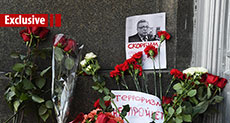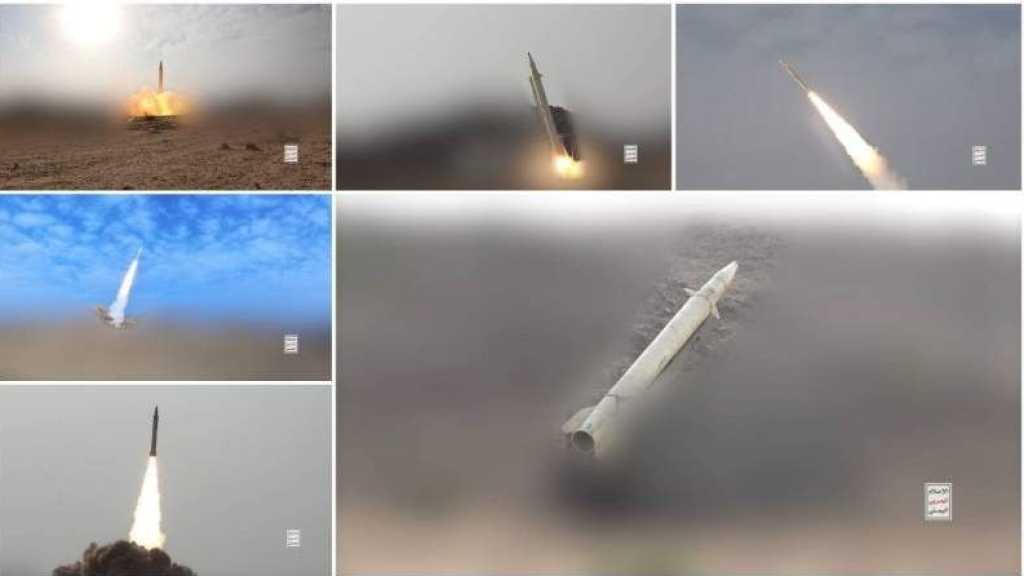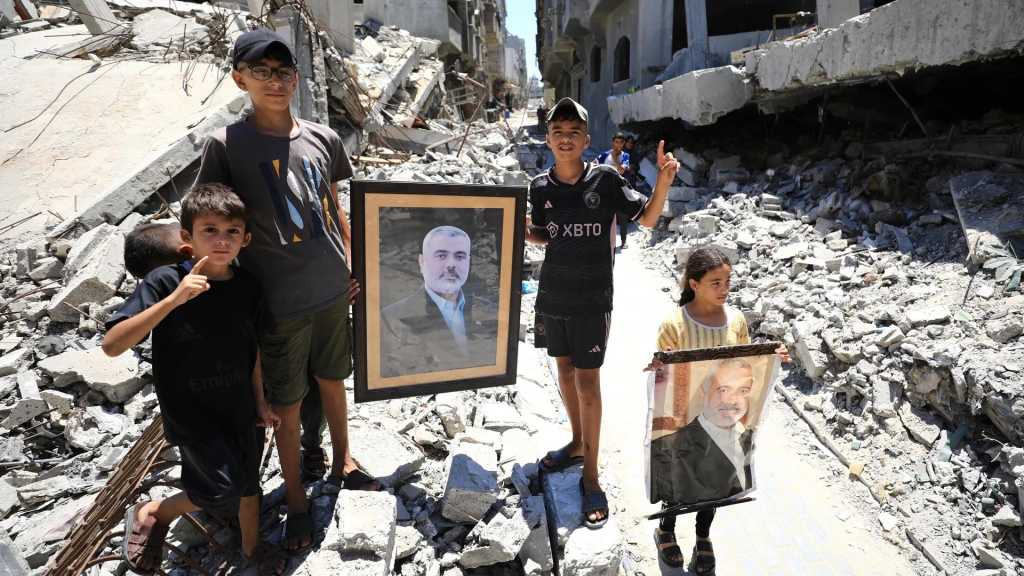Murder in Ankara

Darko Lazar
Relations between Turkey and Russia over the last few years can best be described as chaotic. But a closer examination reveals a certain order that explains every high and low, every incident.

The downing of the Russian SU-24 by the Turkish air force last November came at a time of sharp disagreements between Moscow and Ankara over Syria. But it also followed an agreement over the construction of a natural gas pipeline dubbed ‘Turkish Stream'.
Less then a year later an apology from Turkey's President Recep Tayyip Erdogan to Russia's Vladimir Putin was followed by a deadly terrorist attack on Istanbul's international airport and a failed coup attempt.
Since then the relationship has been relatively harmonious despite Erdogan's occasional outbursts about conquering neighboring states and overthrowing governments - largely directed at his domestic audience.
And then came the latest jolt delivered in the form of a brutal murder of Russia's ambassador to Turkey, Andrey Karlov.
At first glance and thanks to the message, which the coldblooded killer had ample time to deliver before being "neutralized", it appears that the murder of the diplomat was an act of vengeance against Moscow's role in eliminating the terrorist enclave in eastern Aleppo.
But timidly rearing its head in the background is a key meeting between the foreign and defense ministers of Russia, Iran and Turkey, scheduled to take place less than twenty-four hours after the assassination.
"What we are seeing here with the assassination of the Russian ambassador is an attempt to disrupt the relationship between Russia and Turkey," said E. Michael Jones, a writer and editor at Culture Wars Magazine.
An assistant professor of international relations at Ankara's Bilkent University, Onur Isci, explains that "the Syrian problem was the sole problem that was an obstacle for a more prosperous future between Moscow and Ankara and just when Moscow, Ankara and Tehran are about to reach a deal [on Syria], this assassination happens. So the timing is not surprising to say the least."
It is also worth noting that earlier this month the Turkish Parliament ratified the construction of the ‘Turkish Stream' pipeline, which is dreaded by Washington and its partners.
Meanwhile a terrorist attack in Istanbul on December 10, which killed 38 people and wounded 155, came on the eve of Erdogan's planned trip to Kazakhstan during which discussions were suppose to be held on Turkey's perspectives for joining the Shanghai Cooperation Organization.
The wizards behind the curtain
The best way to begin to understand who was behind the assassination of Russia's Ambassador to Turkey is by scrutinizing his killer - Mevlut Mert Altıntas.
According to Turkey's daily, Hurriyet, Altıntas was a member of a special operations unit in the country's police force for two and a half years.
During the unsuccessful coup on July 15, he was on duty in Turkey's southeastern province of Diyarbakir. One day later Altıntas returned to Ankara, after being granted a leave of absence despite the fact that the entire police force was mobilized at the time.
The police chief who permitted Altıntas to take two-days off was later arrested as part of Ankara's crackdown on followers of the U.S.-based preacher Fethullah Gulen.
Altıntas was himself suspended over suspected links to the Gulanist organization but was reinstated a little over a month before shooting the ambassador.
It is no secret that the Turkish police are plagued by the Guluanists and despite Erdogan's massive purge against them, many managed to avoid detection.
Thus the reaction of the security forces on the day of ambassador Karlov's assassination is perhaps not all that surprising, suggesting that Altıntas was likely not acting alone.
Aside from not being killed right after firing several shots at Karlov, the assassin was also allowed to deliver a short political speech. But even more puzzling is the fact that Altıntas was eliminated at a time when his death could have been avoided and he could have been captured and interrogated - a process that would surely reveal those standing behind him.
"It brings up a big question about who really controls the security forces in Turkey and does Erdogan really have a hand on that situation and there are other incidents in the past that suggest he doesn't. Of course I am referring to the coup in July this year, which exposed the fact that there was this network of fifth columnists...we can speculate as to who they are working for but I think its pretty obvious," said Paris-based editor and researcher at sott.net, Joe Quinn.
Erdogan's mortal enemy, Fethullah Gulen is widely believed to have a very cozy relationship with the US intelligence apparatus, especially the Central Intelligence Agency and Ankara is increasingly beginning to view the agendas of these two players as interlinked.
In fact a claim of responsibility for Karlov's assassination by Jabhat Fatah al-Sham [formerly the al-Nusra Front] points to the involvement of the CIA. After all Nusra's collaboration with Langley is almost as well documented as its links to Al-Qaeda.
"The US sees Russia quite clearly as a major target and as an enemy...so when we see this convergence of two group or two entities; the US government on the one hand lambasting Russia and demonizing and condemning Russia at every opportunity, and at the same time you see so-called Islamic terrorists - really mercenaries in the pay of the US government attacking Russia - then this to me effectively seems like a US attack on Russia by other means," opined Joe Quinn.
Putin's initial reaction to the incident is also telling.
"We have to know who directed the hand of the killer," the Russian president said, which can be interpreted as his way of letting his ‘partners' in the west know that Moscow already has a pretty good idea.
Meanwhile Ankara's sensitivity to the possibility of even being considered a suspect is best demonstrated by its decision to allow Russian agents to take part in the investigation on Turkish soil.
As such it is highly unlikely that Erdogan's government had anything to do with Karlov's assassination.
A Common Enemy
Uncovering a direct link between Washington and the assassination in Ankara will be extremely difficult if not impossible.
But an indirect role is a lot more obvious especially in the form US support for regional terrorist groups like Nusra and organizations like the Gulen movement.
These increasingly bold and some would say desperate operations are indicative of Washington's desire to push Turkey and Russia further apart.
However Andrey Karlov's murder appears to be having the opposite effect.
"This will only bring Russia and Turkey closer together," said an analyst at the Russian Institute of Strategic Studies, Elena Suponina.
"These events have showed that we have a common enemy - terrorism - and only by joining forces can we deal with this enemy," Suponina added.
Turkey's slide towards a Eurasian union involving Russia, Iran and China looks certain to continue as it becomes increasingly obvious that Ankara no longer sees a future in the west, the European Union or NATO.
Erdogan's new politics also reflects the mood of the Turkish public. According to polls conducted on December 11, 83% of Turks do not consider the US to be an ally of Turkey while 61% feel the same way about the EU. On the other hand 66% of the population put Russia at the top of the list of nations with whom they wish to see closer ties.
Source: Al-Ahed News
Comments




